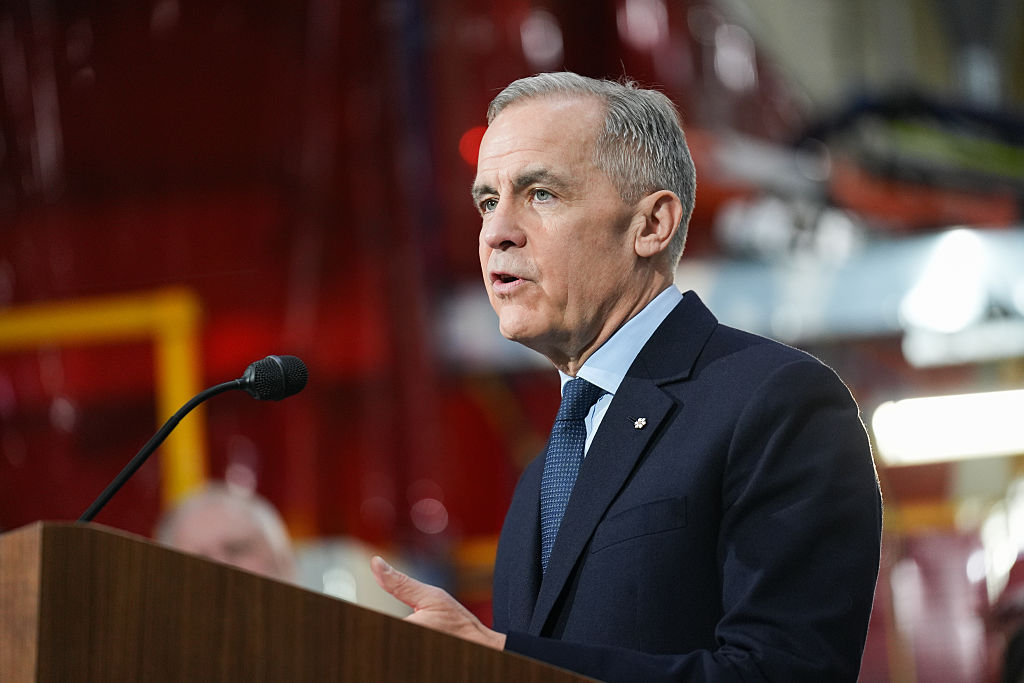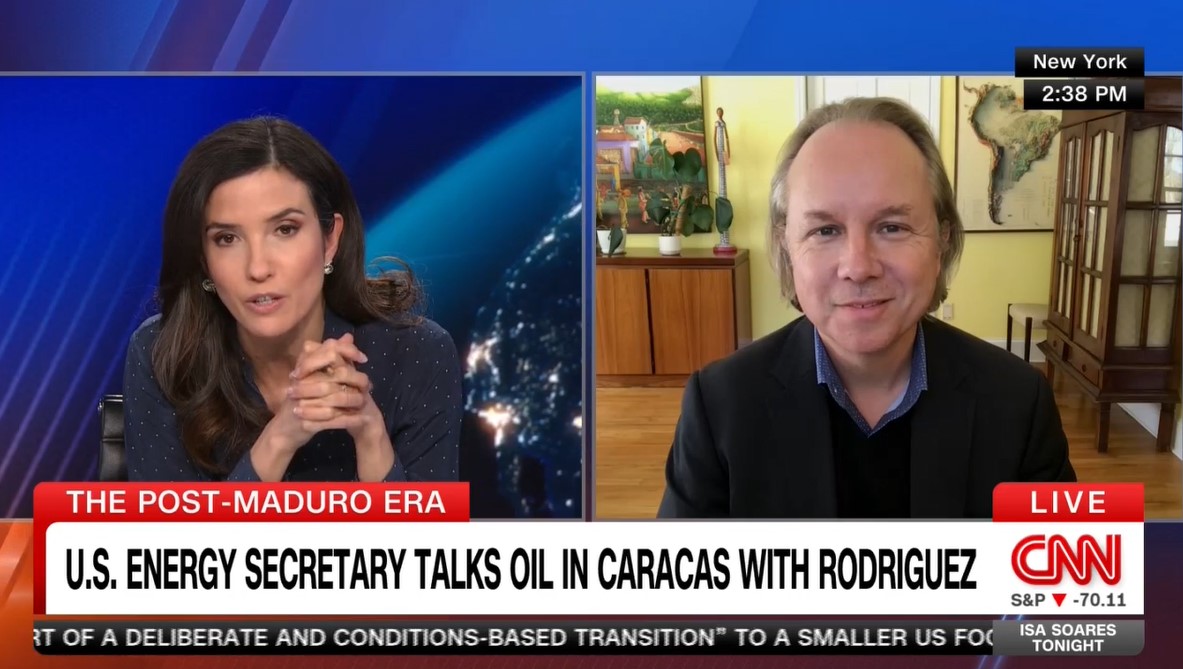Spain Pursues Economic Opportunities in Latin America
Spain Pursues Economic Opportunities in Latin America
King Juan Carlos of Spain undertook a visit to Brazil and Chile this week, seeking new investments and promising Spanish business commitment to the region.
With Spain suffering its worst economic crisis in recent history, Spanish King Juan Carlos traveled to Latin America this week in search of new investment opportunities. Accompanied by a 20-member delegation including the heads of Spain’s largest companies and banks, the king made stops in Brazil and Chile seeking to “reinforce commercial and investment relations.” He also met with the presidents of Colombia, Mexico, and Peru at the Fourth Summit of the Pacific Alliance in Antofagasta, Chile on June 5. The king praised the countries’ dynamism and respect for the rule of law, and underscored the enthusiasm of Spanish investors to continue investing in the region despite recent setbacks. He also came to drum up support for this year’s Ibero-American Summit in Spain, hoping it could revive Spanish-Latin American ties.
Spain struggles to face the effects of the eurozone crisis, with increasingly unmanageable economic conditions and unemployment topping 25 percent. Within Latin America, the Iberian country recently saw Argentina expropriate a 51 percent stake of Argentine oil company YPF, formerly held by Spain’s Repsol. In May, Bolivia nationalized its electrical grid, which had been held by Spanish company Red Eléctrica de España. Consequently, King Juan Carlos’ visit served as “royal economic diplomacy,” said Federico Steinberg of the Real Instituto Elcano. The trip aimed at “opening markets, reinforcing Spanish companies’ commitments to the region…and improving Spain’s profile,” he told Infolatam. Spanish businesses hope to find further opportunities in a region experiencing strong growth despite the global economic crisis. The visit also sought to drum up enthusiasm for this year's Ibero-American Summit to be held in Cádiz. These summits have been a traditional focal point of Ibero-American relations, but the most recent meeting, held last year, saw poor attendance, with only half the region’s leaders present.
Juan Carlos began his tour in Brasilia, a stop officials called "a priority of priorities," on June 3. Spain is eager to improve its relations with Brazil, which is the region's economic powerhouse. Brazil is now the world's sixth largest economy, and Spain is the second largest foreign investor in that country, with $85 billion in diverse projects. Spain’s Telefónica is Brazil’s largest telecommunications company, and Spanish bank Santander is the country’s third largest bank. Since the Brazilian economy and middle class are growing and the country will host the 2014 World Cup and 2016 Olympic Games, Spanish firms hope to invest in future projects in Brazil. Repsol representatives said they had success in Brazilian offshore drilling, and a number of Spanish companies expressed interest in investing in a proposed $20 billion high-speed rail link between Rio de Janeiro and São Paulo.
In the King’s meeting with President Dilma Rousseff at the Planalto Palace, the two leaders addressed issues of migration and education. Spain will now grant 1,500 Brazilian students visas to study in Spain this year, and the two leaders promised to ease bilateral migration restrictions. Considering Brazilian tourists tend to spend thousands of dollars per traveler when abroad, the move could be a boon for Spain. The King called Brazil “the power of the present” and voiced support for greater Brazilian cooperation in international fora. The leaders even discussed a possible free-trade area between Brazil and the European Union. Rousseff also assured the King he could count her in for the Ibero-American Summit in Cadiz.
The Spanish delegation stopped in Santiago next for a meeting with Chilean President Sebastián Piñera and local business leaders at La Moneda. "It’s no coincidence that more than one thousand Spanish businesses—large, medium, and small—choose Chile," the King told investors. “Chile understands well that money comes to countries that respect the rule of law, and flee those where arbitrariness rules.” Piñera said Chile would welcome Spanish investment “with open arms,” and that he hoped Spain would see Chile as a "gateway to Latin America," especially with the advent of the Pacific Alliance.
The Alliance’s fourth summit, held in the northern Chilean city of Antofagasta, was the last stop in the king’s tour. Founded in April 2011, the Pacific Alliance brings together Chile, Colombia, Mexico, and Peru in a regional bloc that seeks to coordinate integration projects and commercial policy to better compete with and trade with Asia. Speaking at the ceremony, Chilean Foreign Minister Alfredo Moreno said that the constituent countries “represent 55 percent of Latin America’s exports, are the region’s most open economies, and those which are growing fastest.”
Piñera commented that the Asia-Pacific region had “stopped being a promise of the future, and become an option for the present.” China is now a major trade partner of Pacific Alliance countries, with trade growing 10 percent a year. Spain’s El País points out that China is now Spain’s major competition with Chile, Colombia, Mexico, and Peru, as these countries represent a market of 200 million consumers and an average growth rate of 7 percent. The Spanish regent undertook private meetings with the presidents of the four countries of the alliance, and Chilean and Spanish companies signed an agreement to develop business together in this bloc. The King personally invited the presidents to November’s Ibero-American Summit, saying he hoped to see it revive Spanish-Latin American relations.
Learn More:
- Read about the King’s journey to Brazil and Chile on the King of Spain’s website.
- Federico Steinberg of the Real Instituto Elanco outlines the king’s motivations for visiting Latin America.
- Read about the formalization of the Pacific Alliance in a blog for AS/COA’s Bogota Conference, to be held June 14.








